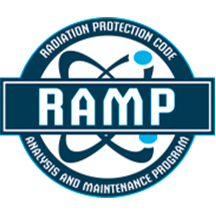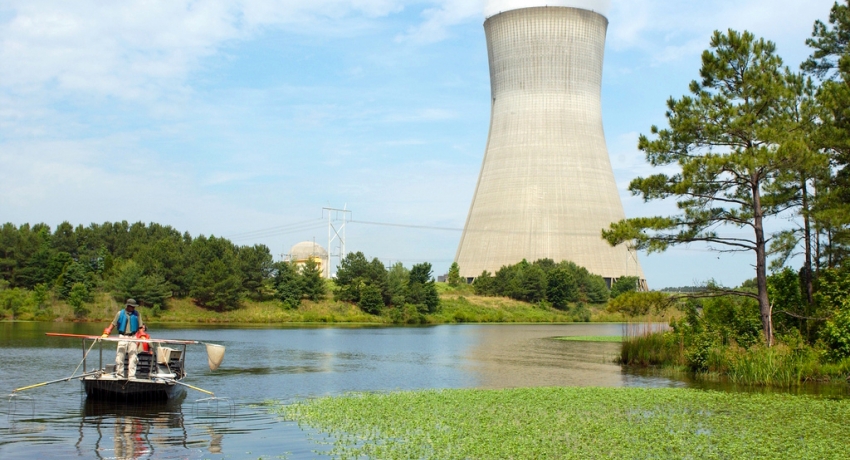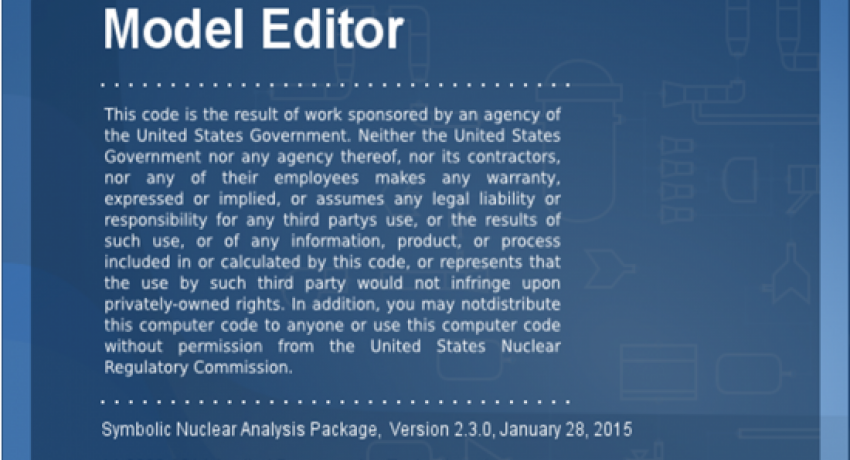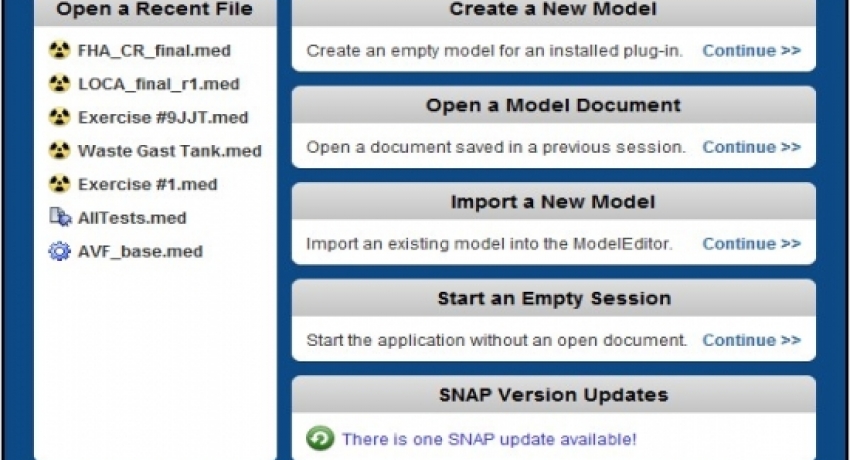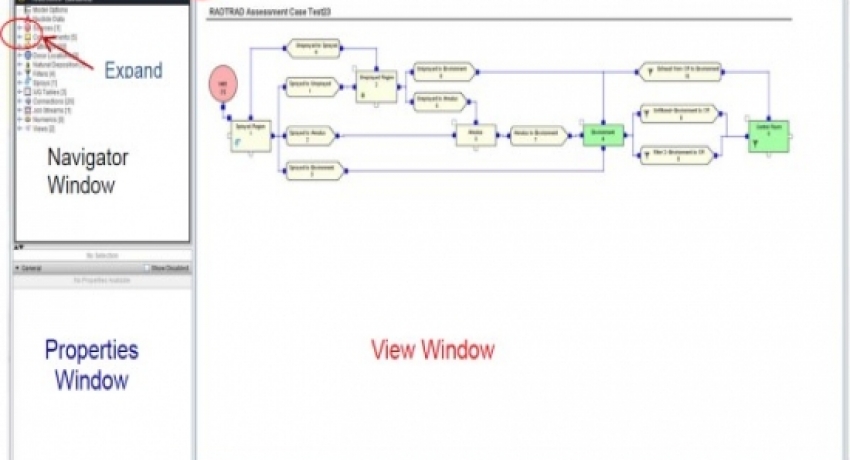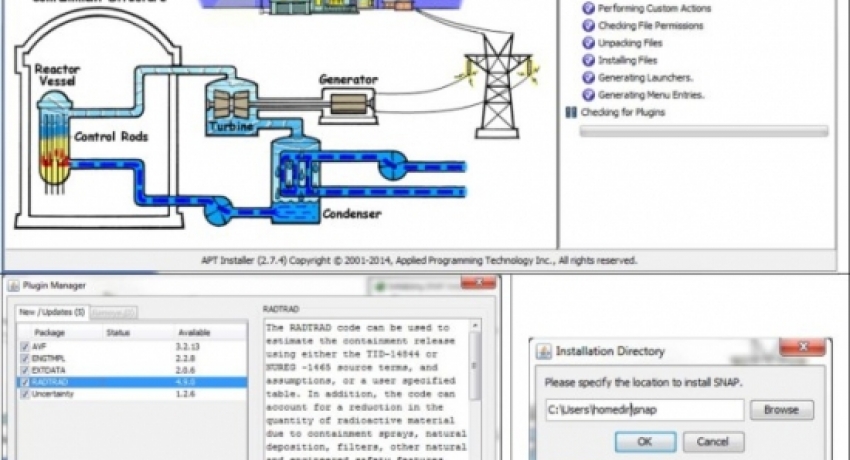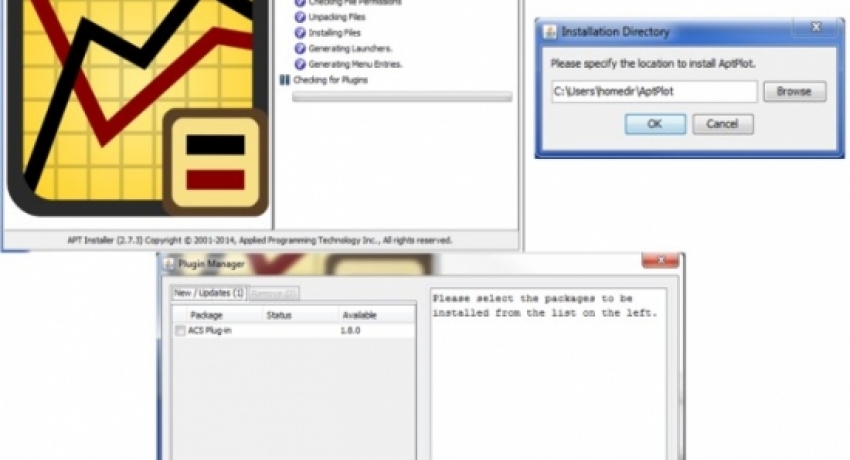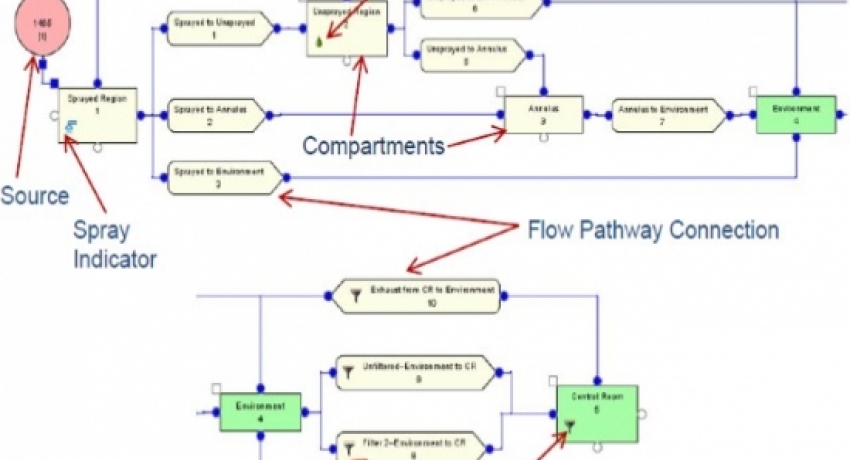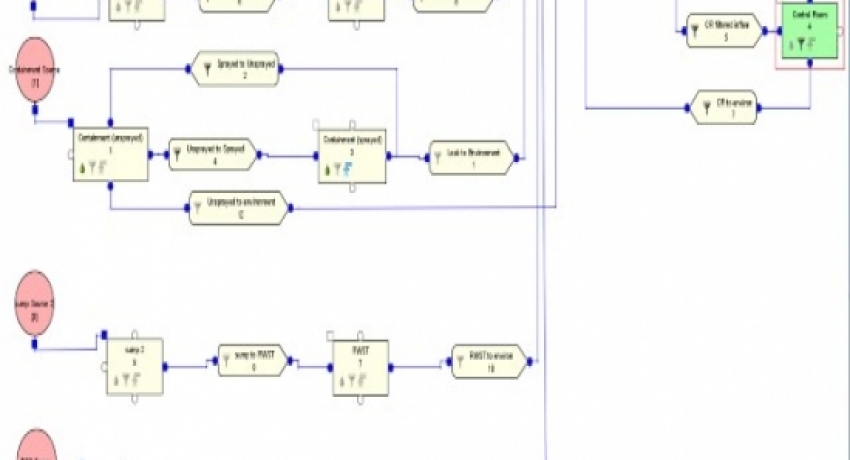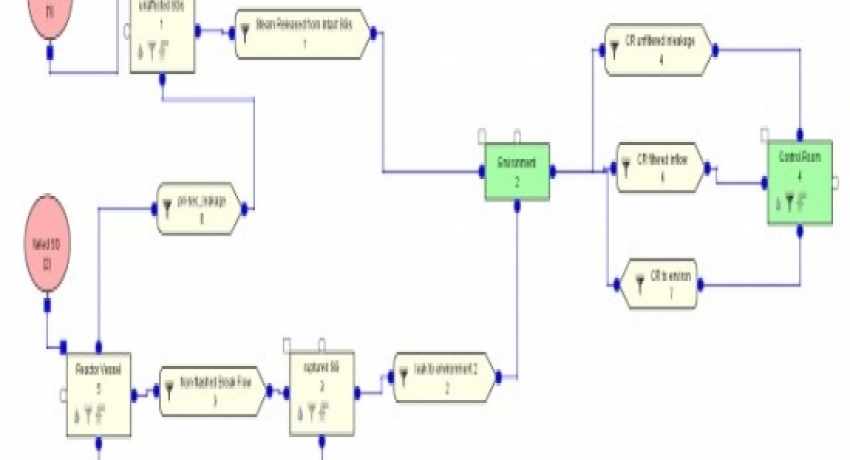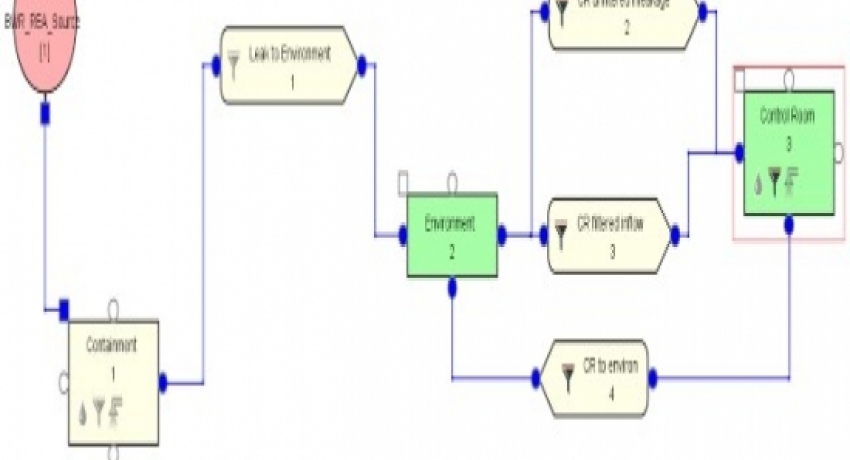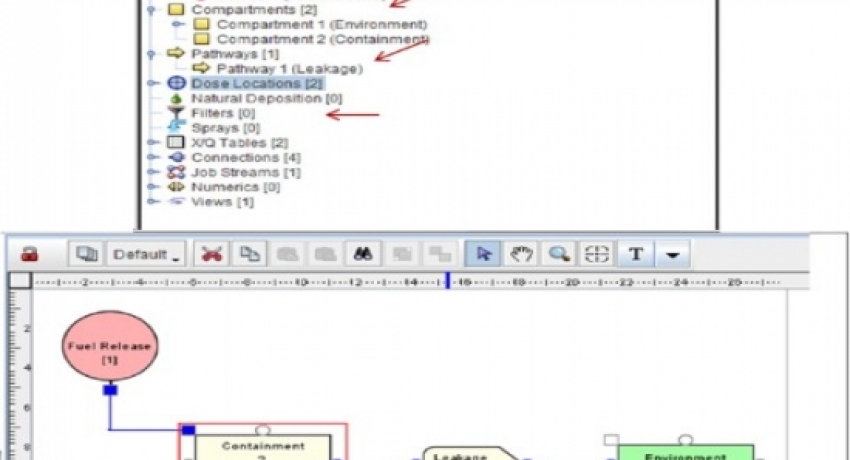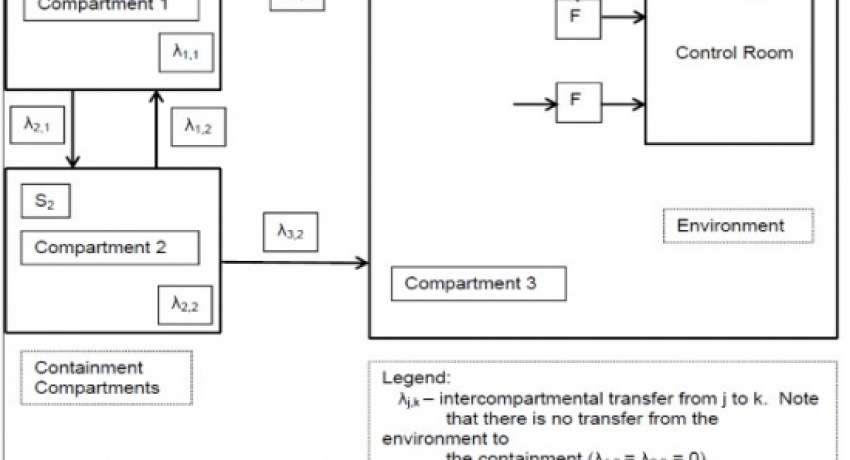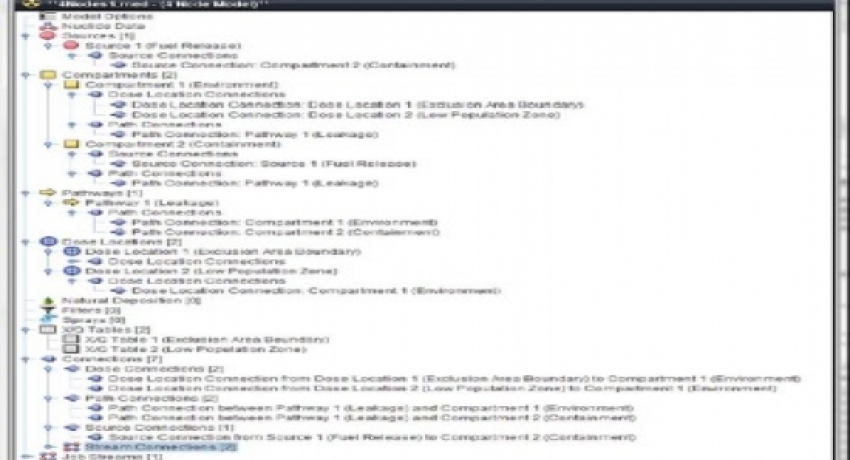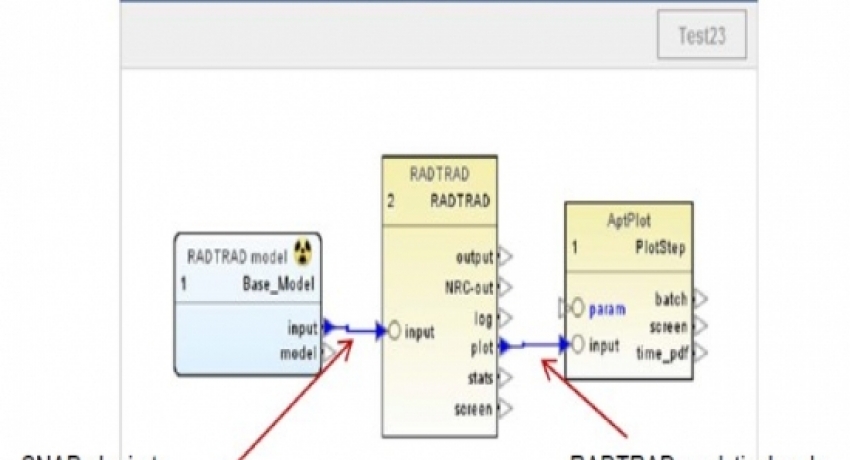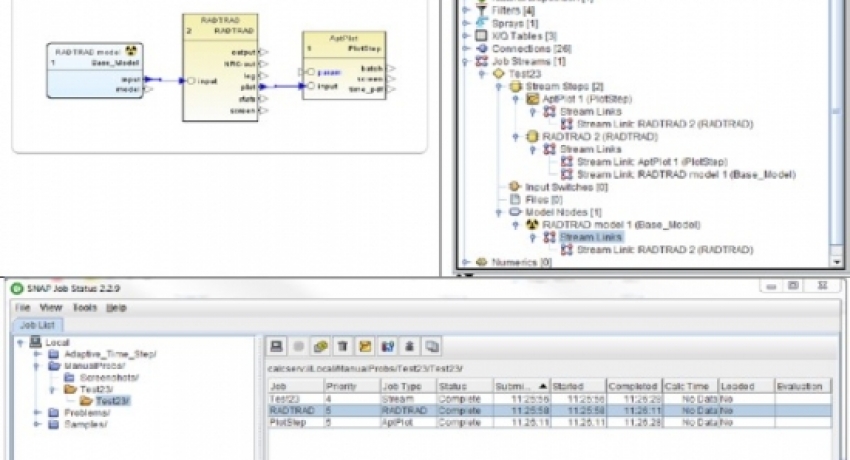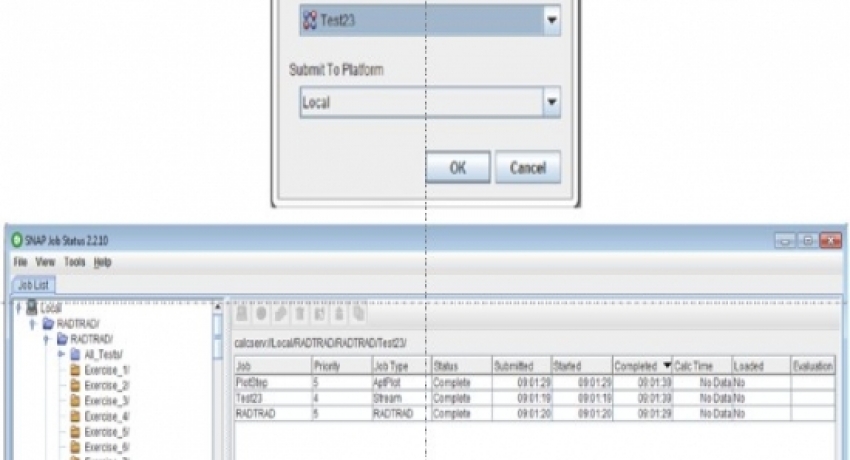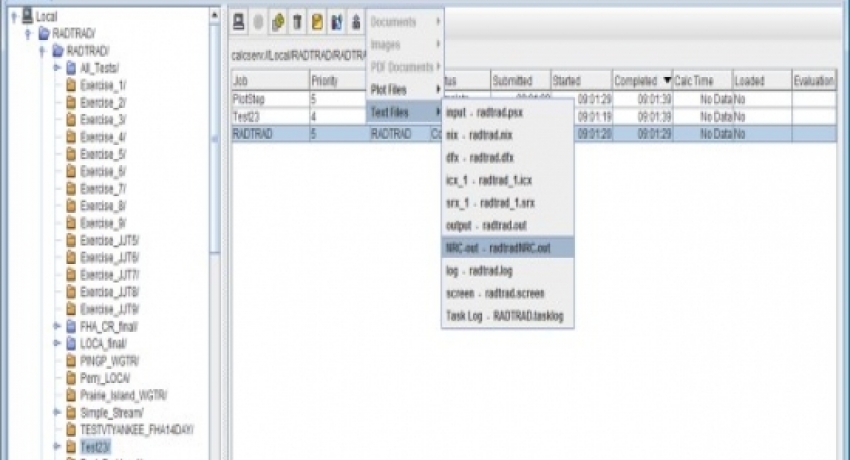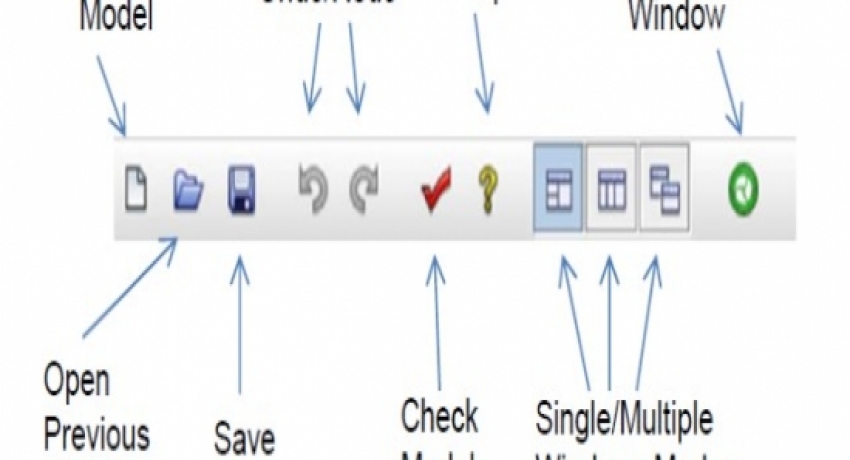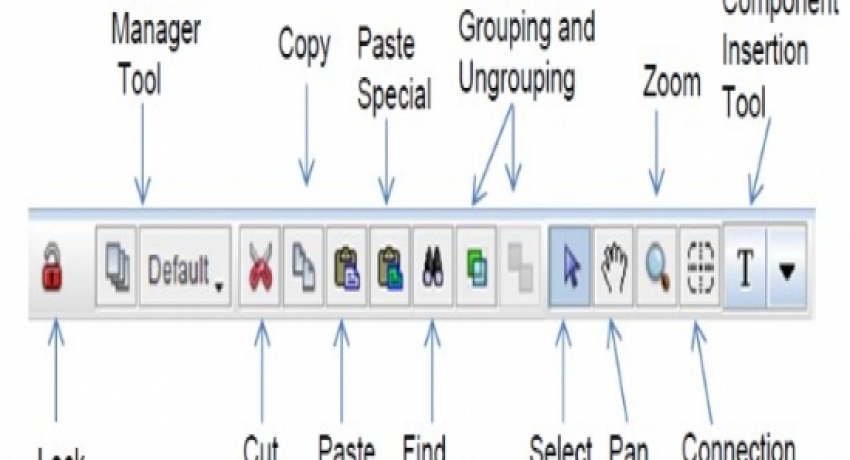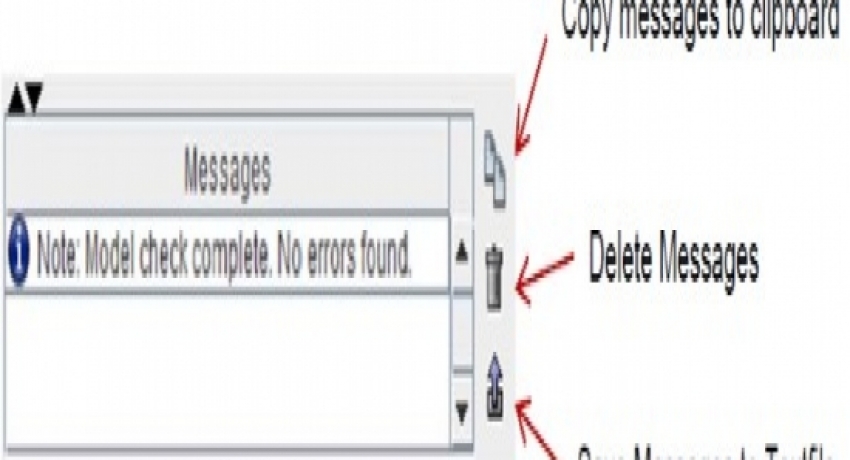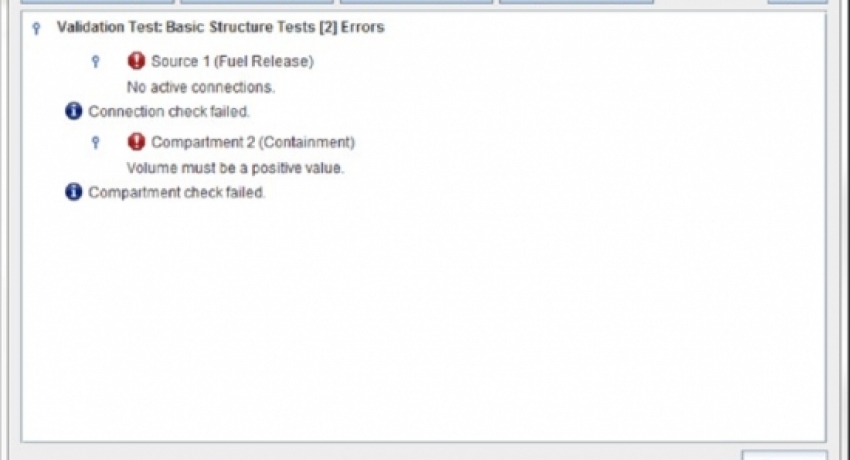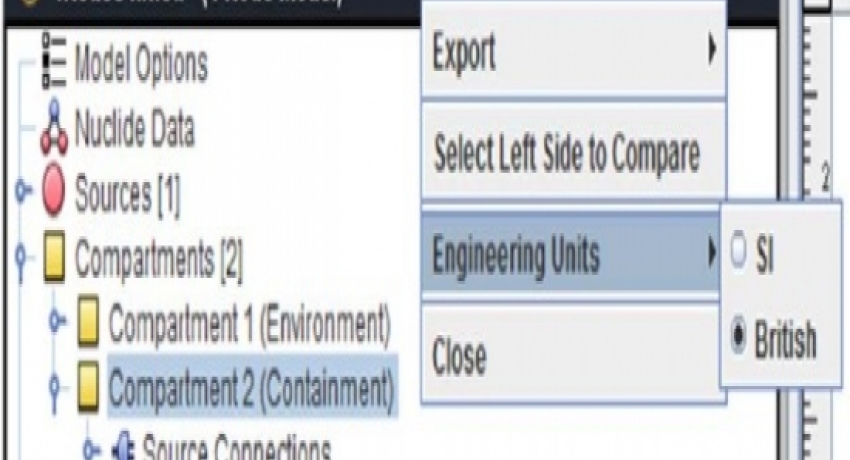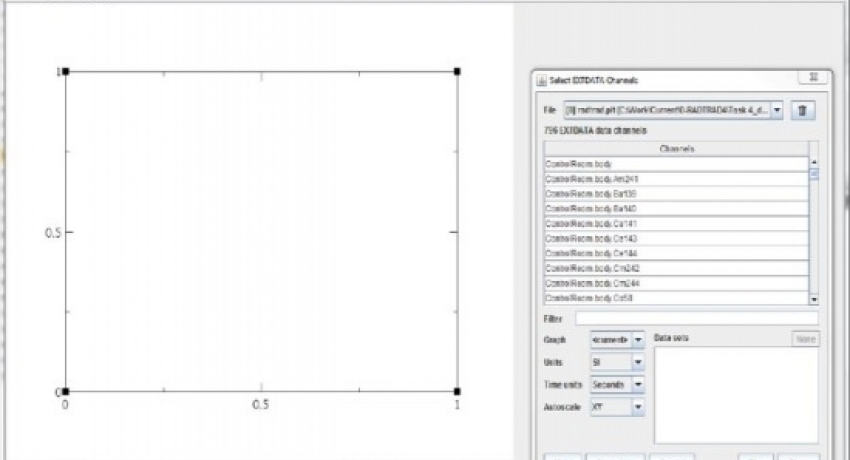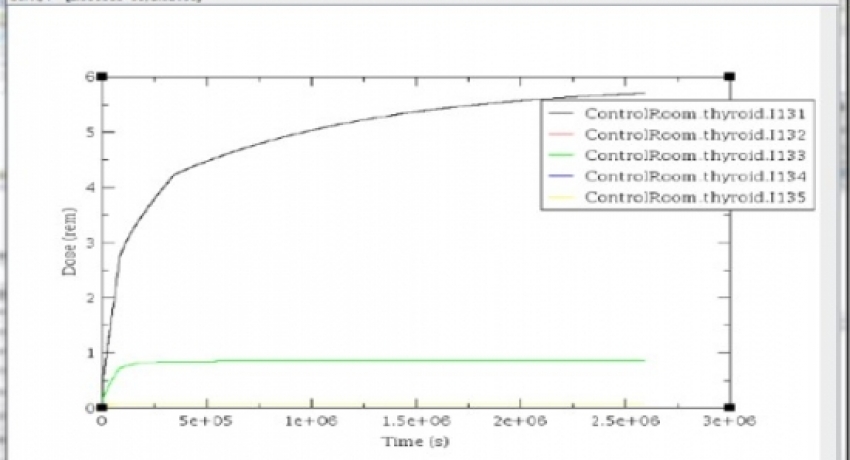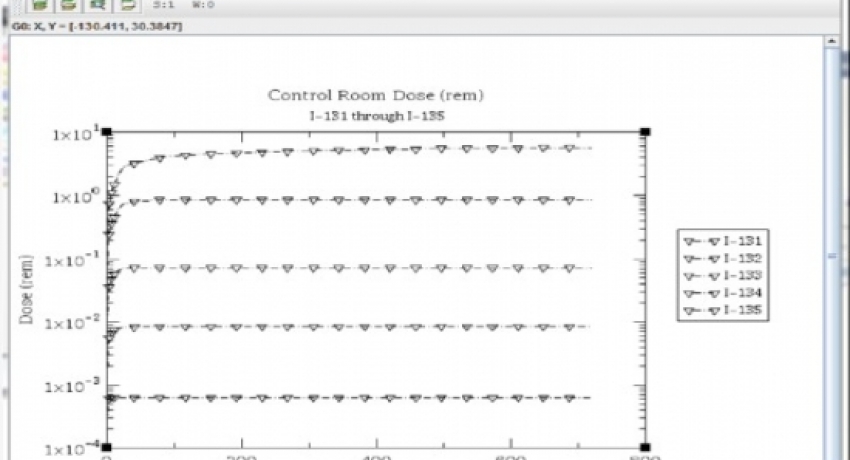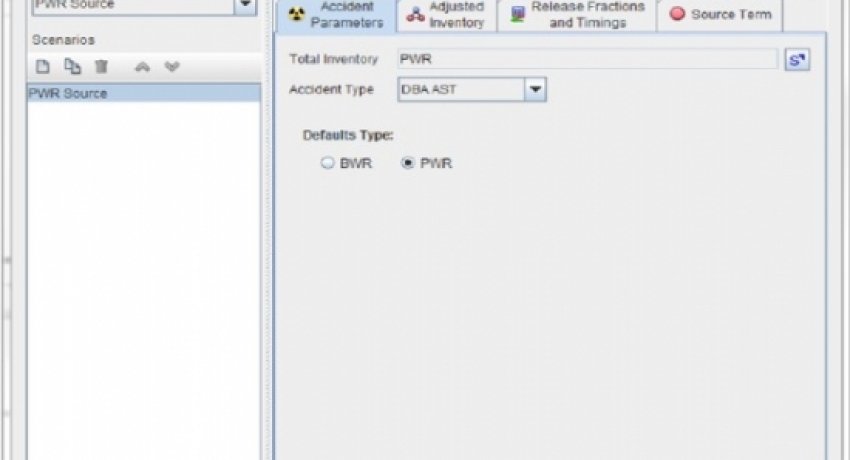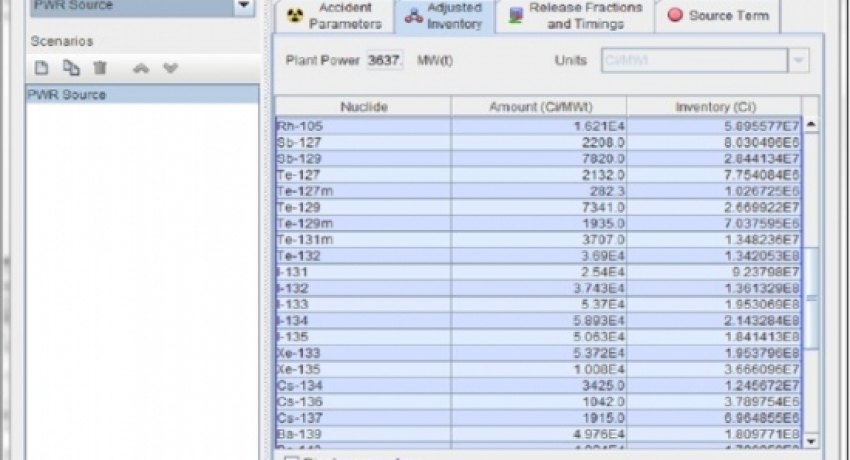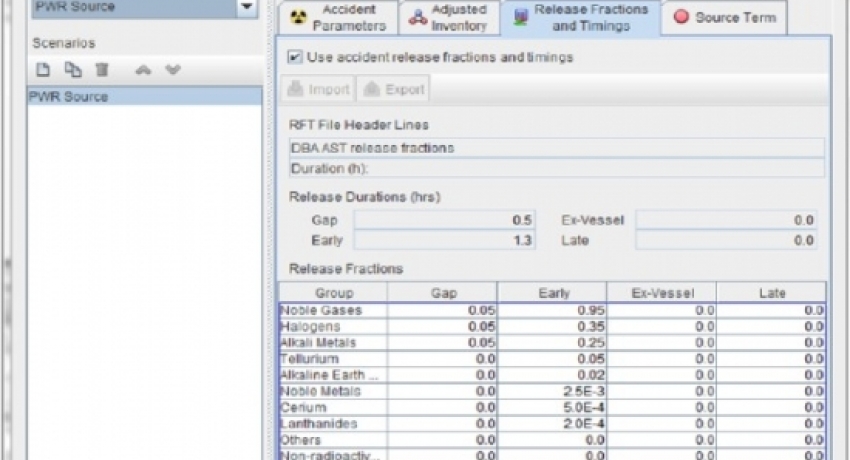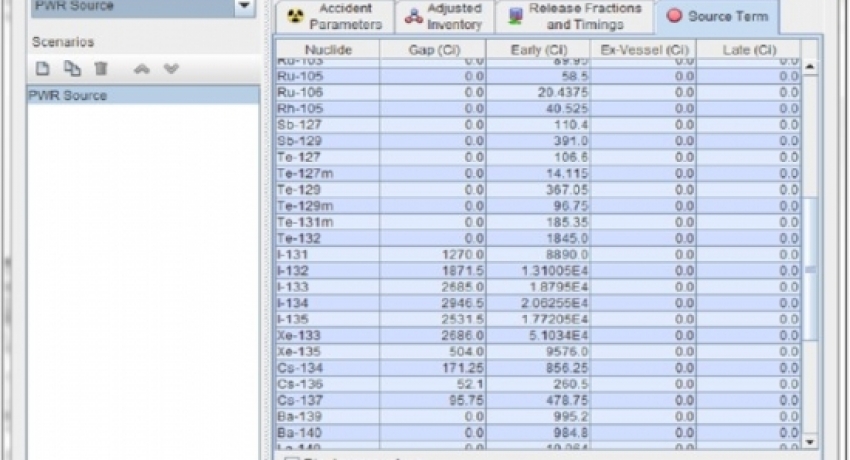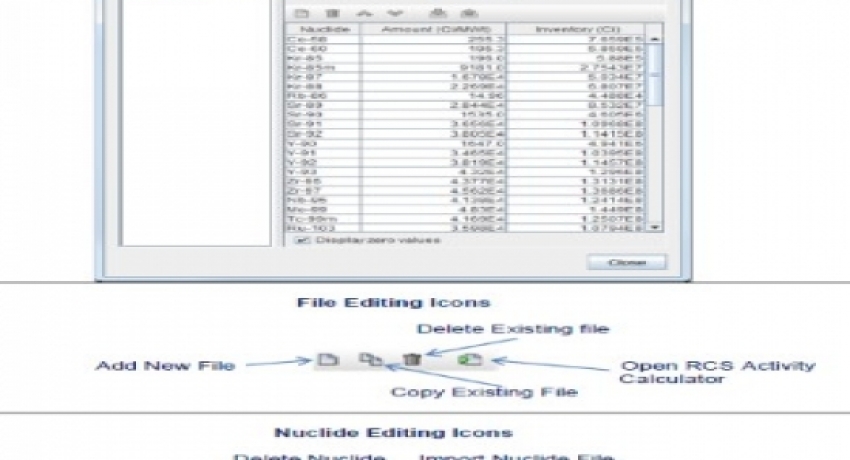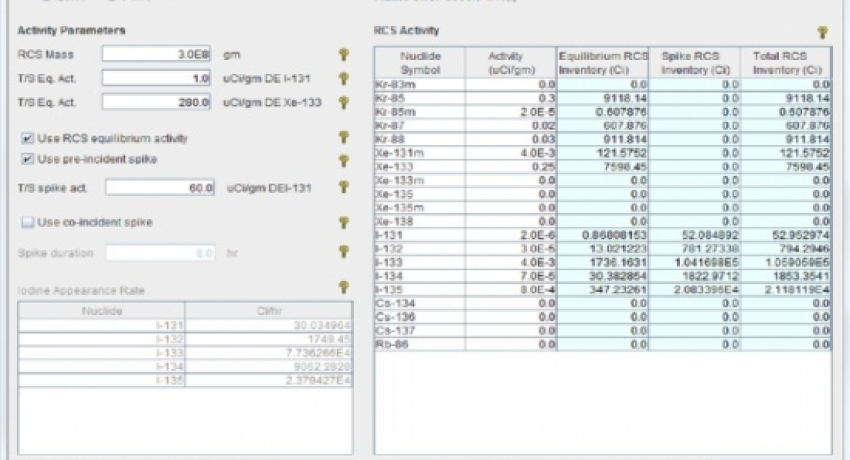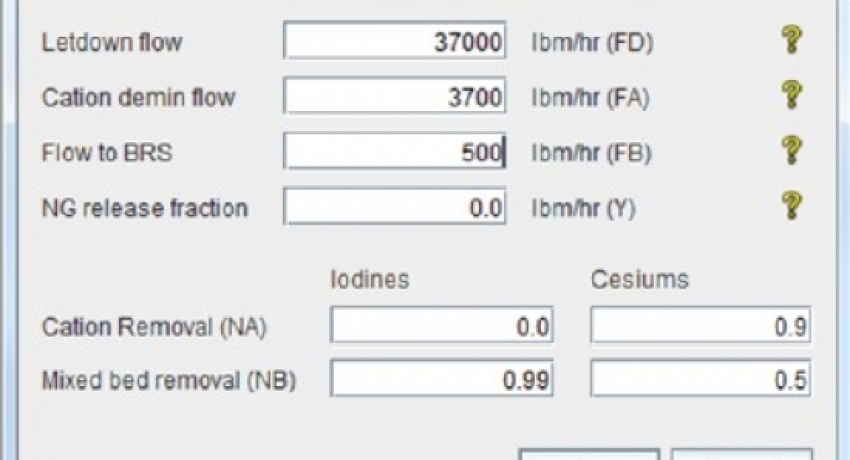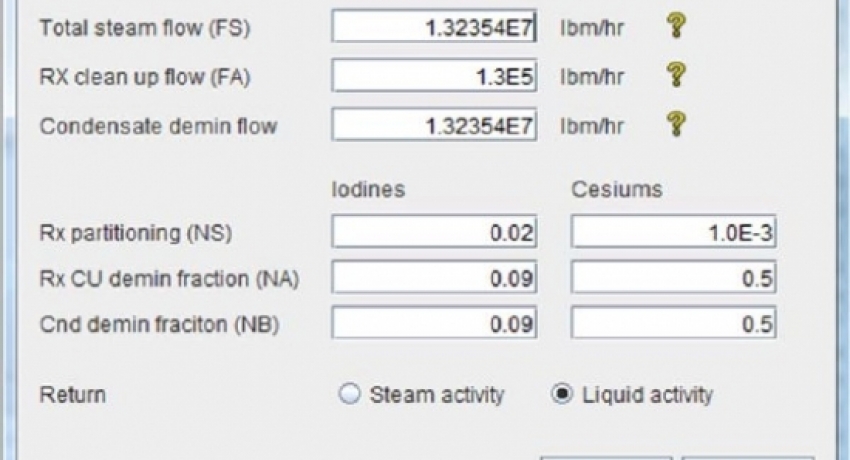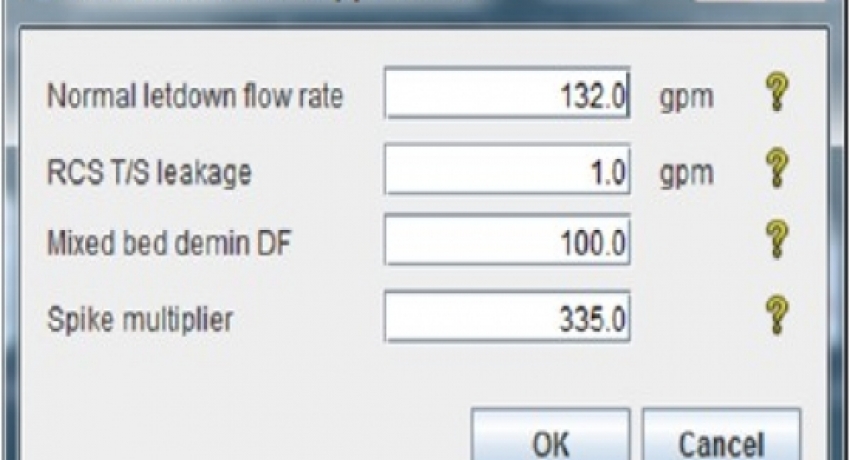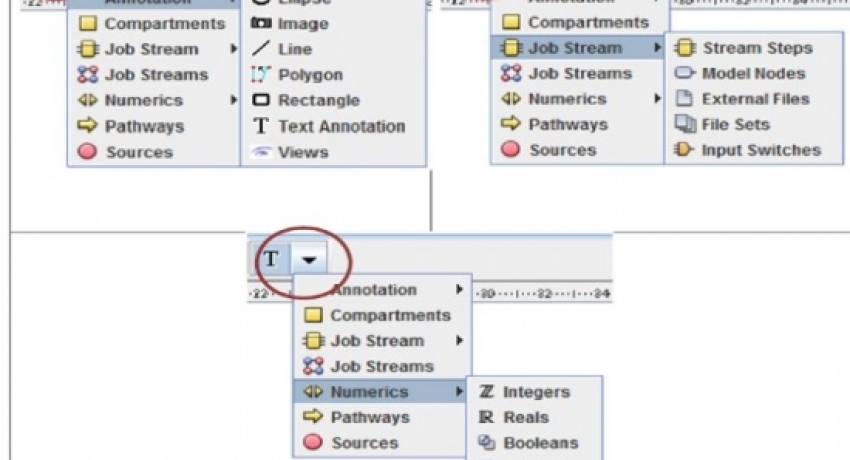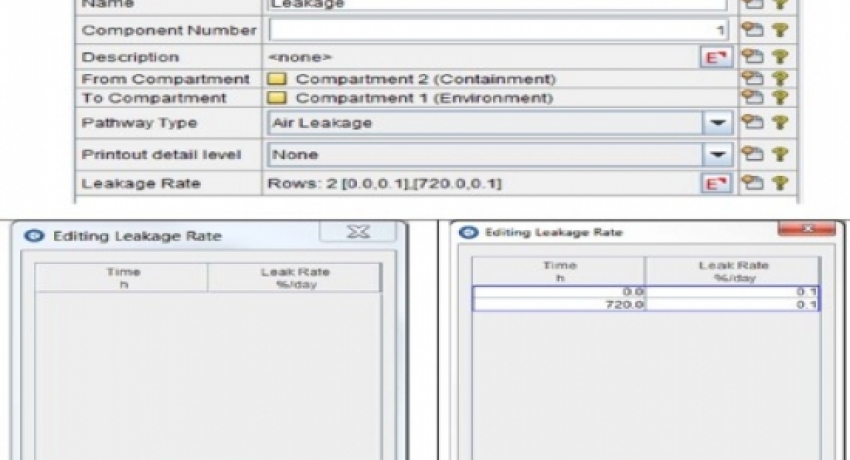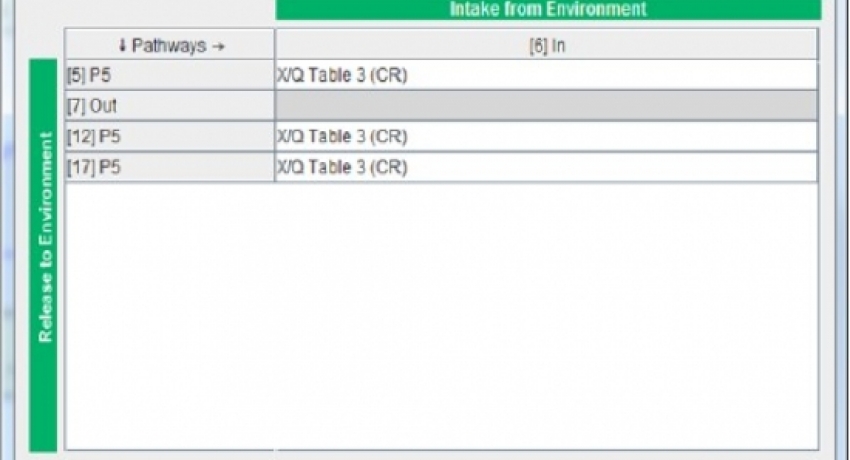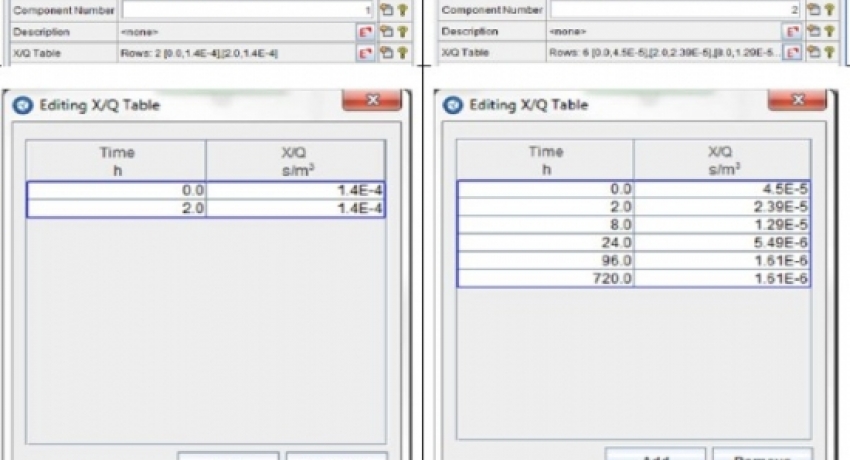Confirmatory code used for various design-basis loss-of-coolant accidents
Symbolic Nuclear Analysis Package (SNAP)
The Symbolic Nuclear Analysis Package (SNAP) consists of a suite of integrated applications designed to simplify the process of performing engineering analysis. SNAP is built on the Common Application Framework for Engineering Analysis (CAFEAN) which provides a highly flexible framework for creating and editing input for engineering analysis codes as well as extensive functionality for submitting, monitoring, and interacting with the codes. SNAP is developed by Information Systems Laboratories (ISL), Inc. and is sponsored by the NRC. It provides the RADionuclide, Transport, Removal, and Dose Estimation (RADTRAD) user with a graphical user interface with pre– and post–processor capabilities allowing users to develop RADTRAD input decks.
RADionuclide, Transport, Removal, and Dose Estimation (RADTRAD)
The RADionuclide, Transport, Removal, and Dose Estimation (RADTRAD) code is a licensing analysis code used to show compliance with nuclear plant siting criteria for the site boundary radiation doses at the Exclusion Area Boundary (EAB) and the Low Population Zone (LPZ) and to assess the occupational radiation doses in the control room (CR) and /or Emergency Offsite Facility for various loss-of-coolant accidents (LOCA) and non-LOCA design basis accidents (DBAs). RADTRAD uses a combination of tables and numerical models of source term reduction phenomena to determine the time-dependent dose at the CR, EAB and LPZ for given DBA scenarios.
